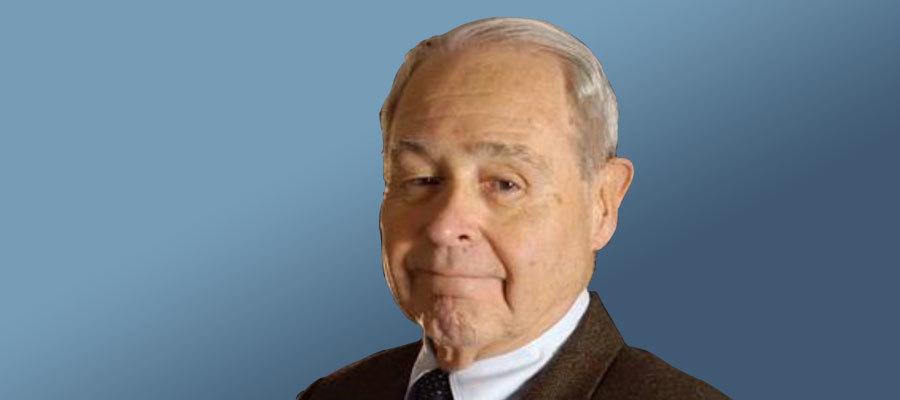Throwback Thursday: First Person Oral History with John R. Griffith

On Thursdays, we highlight an oral history featuring a health care leader who shaped the past and laid the foundation for the future. Since 1978, the AHA has conducted more than 100 interviews as part of this project, and transcripts are available in the oral history collection on the AHA’s Resource Center webpage. The following oral history with John Griffith comes from an interview conducted in 2010.
John Griffith, Andrew Pattullo Collegiate Professor Emeritus, spent 40 years educating graduate students and practicing health care executives in the University of Michigan’s Department of Health Management and Policy. Despite his father being the long-time CEO of the Delaware Hospital, Griffith initially had no interest in a career related to health care administration. He went on to study industrial engineering at Johns Hopkins University, which laid a foundation of thinking about work processes that guided him for the rest of his professional life.
Early industrial engineering-related assignments – such as examining traffic patterns and phone calls coming into Johns Hopkins Hospital – deepened his interest in health care. Griffith pursued this through graduate study at the University of Chicago in the MBA program. Soon after graduating, he went into teaching, becoming a full professor at Michigan in 1968.
In his early work of building the graduate health administration program at Michigan, Griffith’s development process led to his first major text, Quantitative Techniques for Hospital Planning and Control (1972), and, eventually, to his well-known The Well-Managed Community Hospital, which was first published in 1987. The text, retitled as The Well-Managed Health Care Organization is now in its 8th edition.
Another of Griffith’s interests has been fostering the quality movement in hospitals, among other ways through his work as an examiner for the Malcolm Baldrige National Quality Award. In this oral history, Griffith comments, “We’ve grown to the point where the quantitative measures of quality really matter emotionally, at least in good hospitals. It’s part of the culture now that you will follow the protocol.”
To read the full oral history transcript, click here.

